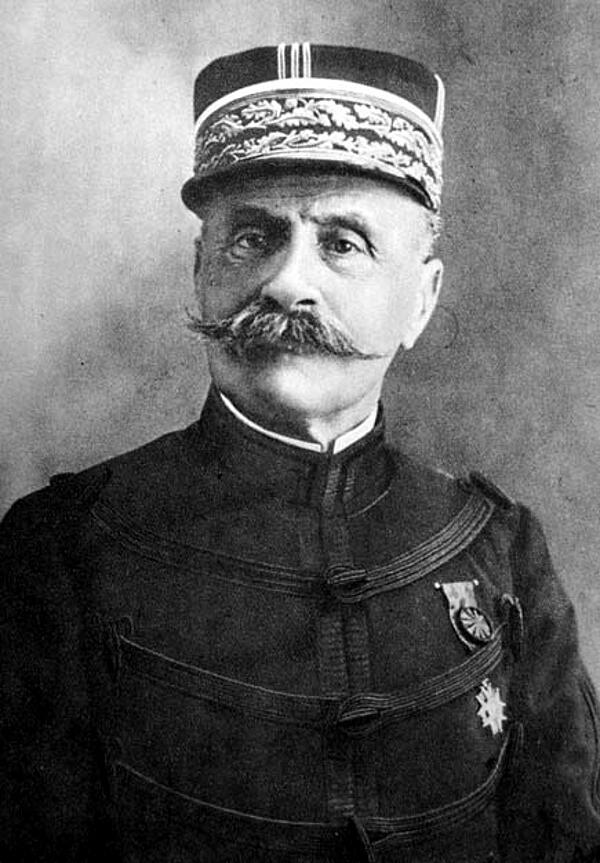Marshal Ferdinand Foch
Ferdinand Foch was born in 1851 in Tarbes, Hautes-Pyrenees. After joining the army, Foch fought in the Franco-Prussian War between 1870 and 1871 and soon became known as an artillery specialist. He became so well respected that he was appointed as head of the École de Guerre in 1907.
When World War One broke out in August 1914, Foch was send to command the French Second Army and he helped to stop the German advance on Nancy. This success saw him awarded the command of the French Ninth Army which fought at the Battle of the Marne, where he played a key role in preventing the German advance on Paris. He went on to serve in Flanders and was given command of the French Army Group at the Battle of the Somme.

n 1916, Ferdinand Foch decided to retire but it was less than one year before he returned to duty. He was quickly appointed chief-of-staff to Marshal Pêtain, although this relationship didn’t have the greatest of starts as it had been Joffre who replaced Pétain at Verdun. However, those in command in the Allied military felt Foch offered a more dynamic form of leadership.
In April 1918, Foch was appointed supreme generalissimo of the Allied forces on the Western front, which gave him supreme command over all Allied forces. Just three months later, he put into action a counter-offensive against the Germans on the Marne River.
This was followed in August by a series of operations leading to the Germans approaching the Allies for an armistice in November. Foch is credited by many for having masterminded this victory.
Foch continued to play a huge role in the Allied success after the war, leading up to the Treaty of Versailles. In fact, when the treaty was being discussed, Foch tried to encourage Georges Clemenceau to impose harsher terms on the German than he was willing as he wanted them to be completely disarmed and unable to threaten in the future.
Once the treaty had been signed, Foch retired from the military. However, his place in French military history was cemented. In fact, he is the only French military commander to have been made an honorary field-marshal in the British Army and he has even had a statue of him placed in central London. Marshall Ferdinand Foch passed away in 1929.
MLA Citation/Reference
"Marshal Ferdinand Foch". HistoryLearning.com. 2026. Web.
